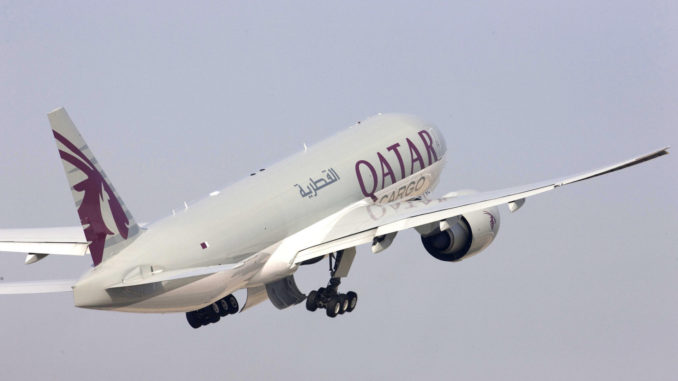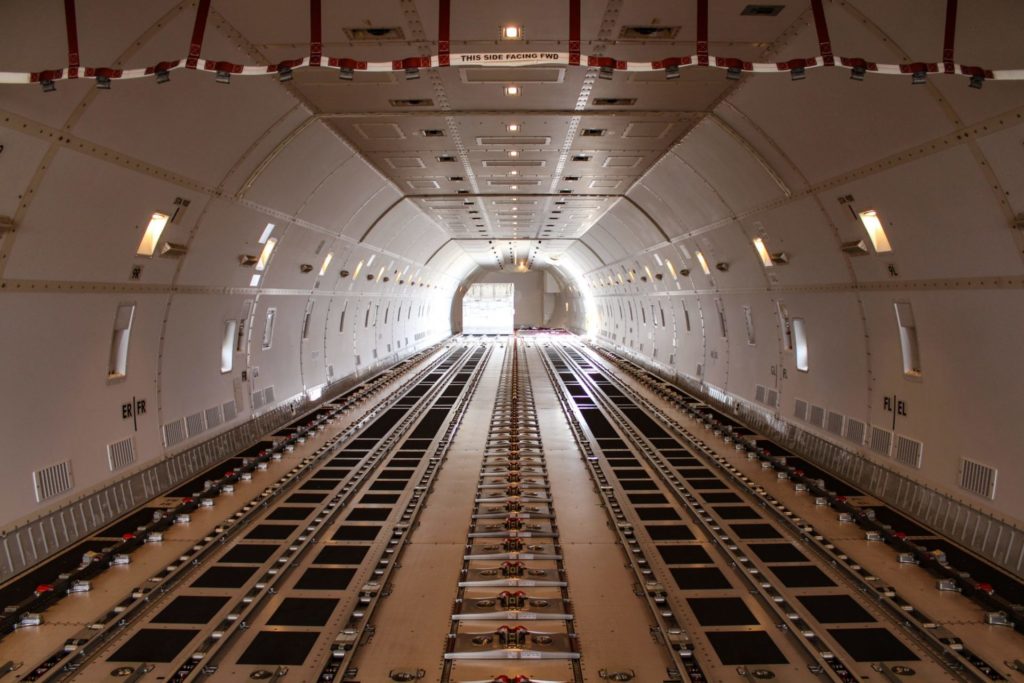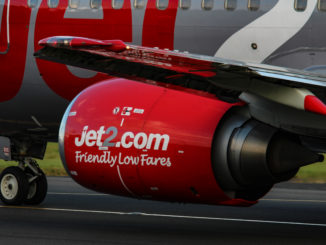
Boeing has unveiled its 2024 World Air Cargo Forecast, projecting a significant transformation in the air cargo industry over the next two decades. The report highlights a doubling of global air cargo traffic by 2043, underpinned by robust demand from emerging markets, booming e-commerce, and shifting global supply chain dynamics.
The findings paint a positive picture for the air cargo sector, which is anticipated to expand by 4.2% annually over the next 20 years. At the heart of this growth lies a dramatic surge in consumer demand, particularly in fast-growing economies in Asia, Latin America, and Africa. These regions are expected to dominate the industry, reshaping global trade routes and solidifying the importance of air freight in a post-pandemic world.
Boeing identifies emerging markets as the linchpin of the industry’s transformation. Rising middle-class populations and increasing industrialisation are contributing to an unprecedented demand for goods that rely on air transport. Furthermore, the proliferation of e-commerce, accelerated by the pandemic, has fundamentally changed consumer expectations regarding delivery speed and efficiency.
E-commerce-driven express carrier traffic is expected to triple during the forecast period, becoming a primary driver of air cargo demand. This shift not only reinforces the importance of air freight but also signals a structural evolution in global trade logistics, with speed and reliability becoming crucial for competitiveness.
To support this growth, Boeing predicts a substantial expansion in the global freighter fleet, which will increase by 66%, rising from 2,340 aircraft to 3,900 by 2043. Of these, 48% will replace older models, while the remainder will cater to increased demand.

The Asia-Pacific region is set to lead this expansion, with its freighter fleet expected to triple over the next 20 years. This reflects the region’s burgeoning role as a hub for manufacturing and logistics, driven by economies such as China, India, and Southeast Asia.
Boeing also highlights the role of technological advancements in shaping the fleet of the future. The transition to more fuel-efficient and environmentally sustainable aircraft will be a key focus, aligning with global efforts to reduce carbon emissions in aviation.
The forecast underscores the resilience of the air freight industry, which has demonstrated remarkable adaptability in the face of global disruptions. The pandemic, while initially causing disruptions, highlighted the critical role of air cargo in maintaining global supply chains. From delivering medical supplies to meeting surging e-commerce demands, the sector proved its indispensability.
Looking ahead, Boeing foresees continued reliance on air freight for high-value and time-sensitive goods. Pharmaceuticals, electronics, and perishables will remain key categories driving demand, further cementing the sector’s importance in global trade.
While the outlook is optimistic, Boeing acknowledges potential challenges that could influence growth trajectories. Geopolitical tensions, fluctuating fuel prices, and regulatory changes, particularly around environmental standards, could impact the industry.
However, these challenges also present opportunities for innovation. The development of sustainable aviation fuels (SAFs), investments in digitalisation, and the adoption of advanced cargo-handling technologies are expected to enhance the industry’s efficiency and reduce its environmental footprint.
The projected growth in air cargo traffic has significant implications for the aviation and logistics industries. Airlines are expected to ramp up investments in dedicated freighter fleets, while airports may need to expand infrastructure to accommodate increased cargo volumes.
Logistics providers, meanwhile, will need to adapt to the growing demand for integrated solutions that combine air freight with other modes of transport. The emphasis on sustainability is also likely to shape industry priorities, influencing everything from aircraft design to supply chain operations.
Boeing’s forecast reflects a promising future for the air cargo industry, driven by the twin forces of emerging market growth and the e-commerce revolution. With the global economy becoming increasingly interconnected, air freight will continue to play a pivotal role in enabling trade and meeting consumer expectations.
As the industry navigates challenges and embraces opportunities, collaboration among stakeholders will be key to realising its full potential. From airlines and manufacturers to logistics providers and regulators, the air cargo sector is poised for a dynamic period of growth and transformation.




